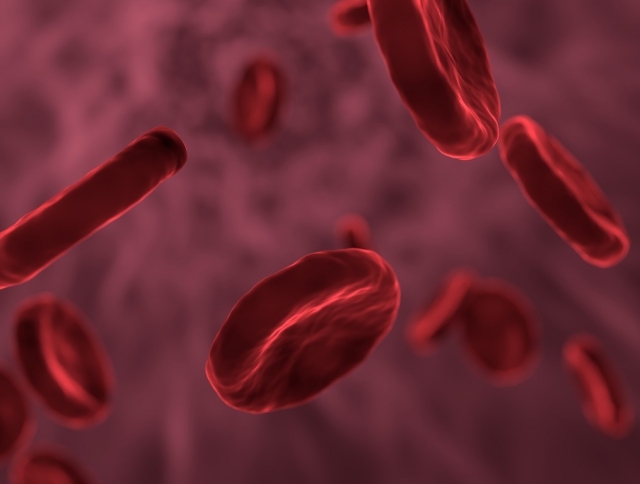
Rh incompatibility: could it affect my baby during pregnancy?
A person’s blood group is determined by a number of proteins that are found on the surface of red blood cells. There are 4 main blood groups depending on if these proteins are present or not: A, B, AB and 0. An additional protein known as factor Rh has also been located on the surface. If a person has this protein in their red blood cells, they are Rh positive. If, however, they do not, they are Rh negative. Most people (around 85%) are Rh positive.
From a genetics point of view, Rh negative people do not have the gene that has the information for synthesising the Rh factor. People who are Rh positive, meanwhile, have either one copy (heterozygous) or two copies (homozygous) of the gene that codifies the Rh factor.
When a person with a negative Rh blood group comes into contact with Rh positive blood (for example, in a blood transfusion), his or her immune system responds by creating antibodies that attack the red blood cells that have the Rh protein on their surface. A similar situation could occur when an Rh negative mother conceives an Rh positive child. Under certain circumstances, the mother could generate antibodies that would attack the red blood cells in the baby and this could cause anaemia or even death.
The immune system responds aggressively when the mother has come into previous contact with blood from the Rh positive group. Therefore, women who conceive for the first time with an Rh positive foetus do not usually have issues during pregnancy. There are some exceptions such as when she has previously had pregnancy losses or ectopic pregnancies. The issue could arise in a future pregnancy carrying an Rh positive baby.
Treatment currently exists and it is prescribed as a preventive measure to Rh negative women. They are special antibodies known as RhoGAM (anti-D immunoglobin) that prevent the formation of the antibodies that attack the Rh protein.
It is absolutely essential to find out if the mother has begun generating antibodies during the first few weeks of pregnancy. This can be done using the indirect Coombs test which is performed on a sample of the mother’s blood. If the woman already has the antibodies, the pregnancy needs to be monitored carefully. In exceptional cases when incompatibility is very serious and may put the baby’s life at risk, the foetus can be given a blood transfusion during the pregnancy and following birth in order to temporarily replace the baby’s blood with blood from a different Rh negative group.
Dr José A. Ortiz, a biochemist at IBBIOTECH, part of the Instituto Bernabeu group.
